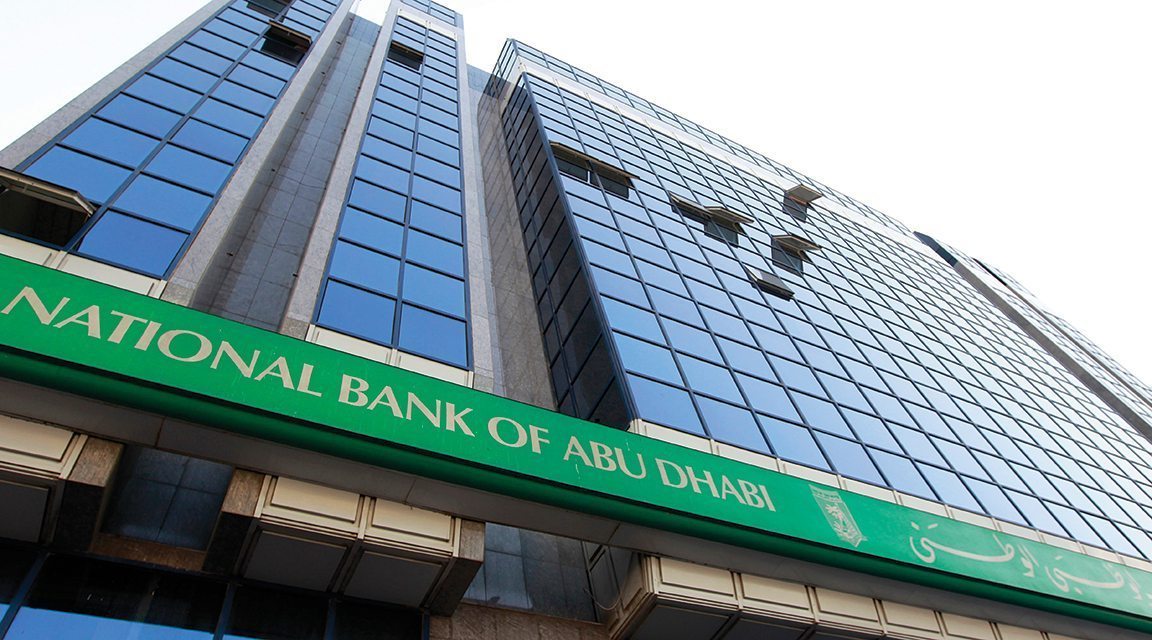

Government funds at NBAD dropped by $13bn as the third-quarter profit for the bank fell by 3 per cent.
National Bank of Abu Dhabi (NBAD) is targeting overseas deposits as the UAEs largest bank by assets looks to offset the impact of falling government and public sector deposits on the back of slumping oil prices.
Liquidity conditions are getting tighter for the banks in the UAE. The price of crude, sale of which is the major source of income for the oil-exporting UAE, especially, Abu Dhabi have dropped to 11-year low in recent weeks. The government, in order to meet the shortfalls, has been withdrawing funds from the local banks.
Abu Dhabi-based NBAD is among the worst hit. The government deposits at the bank dropped by $13bn. The banks chief executive Alex Thursby in October said that the UAE banking system as a whole has lost about $15bn in government deposits from September 2014 to September 2015.
During the last seven-eight quarters, we have been more active and focused on raising deposits from our international network than before. This has helped the bank to offset some of the outflows of the government and public sector deposits, Steve Jordan, NBADs group treasurer said in an emailed statement to MEED. This is also in line with our strategy to diversify our funding sources.
The withdrawal of the government funds has further amplified the liquidity crunch in the domestic market. The UAE Central Banks has asked the banks to maintain permissible limit in various ratios such as eligible liquid asset ratio, the advances to stable resources ratio and loan to deposit ratios. These ratios reflect the general health of the banking system.
The banks that were at risk of breaching the regulatory requirements had to scramble to get expensive short-term corporate deposits between six months to one year maturity in order to boost their balance sheets. Abu Dhabis First Gulf Bank (FGB) managed to secure a $1bn deposit from Dubai government-controlled Emirates Airlines, MEED reported at the end of December last year.
Jordan said NBAD has no plans to join that race. There could be certain banks in the country that may require more liquidity and funding to strengthen their balance sheets in light of the new normal environment as well as to meet the regulatory requirements and this is forcing them to pay up for deposits even if they are short-term and compete aggressively for it.
NBAD has no intentions to participate in this pure pricing based competition and did not do so even in the times of post-2008 financial crisis, Jordan said.
The overall deposit growth in the UAE has slowed down markedly in the last 12 months to just 2 per cent. The private sector deposits grew by 5.4 per cent while the government sector experienced a negative growth rate of 6.3 percent year-to-date in November, according to Monthly Outlook published on Central Banks website in December.
Loans, on the other hand, have risen by 8.1 per cent in the last 12 months by the end of November. The fastest growth was seen in government related loans, which rose 10 per cent year-to-date. However, this sector represents just 11 per cent of the total loans outstanding. The private sector accounted for almost 70 of the total loan volume, which grew by 8.3 per cent, according to the Central Bank.
You might also like...

Red Sea Global awards Marina hotel infrastructure
18 April 2024

Aramco allows more time to revise MGS package bids
18 April 2024

Morocco tenders high-speed rail project
18 April 2024
A MEED Subscription...
Subscribe or upgrade your current MEED.com package to support your strategic planning with the MENA region’s best source of business information. Proceed to our online shop below to find out more about the features in each package.





